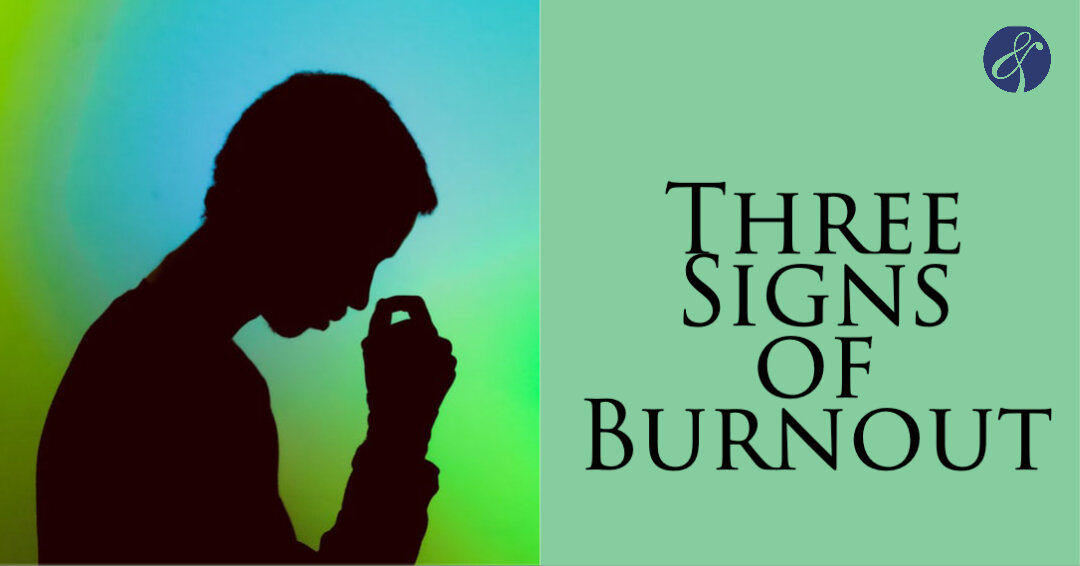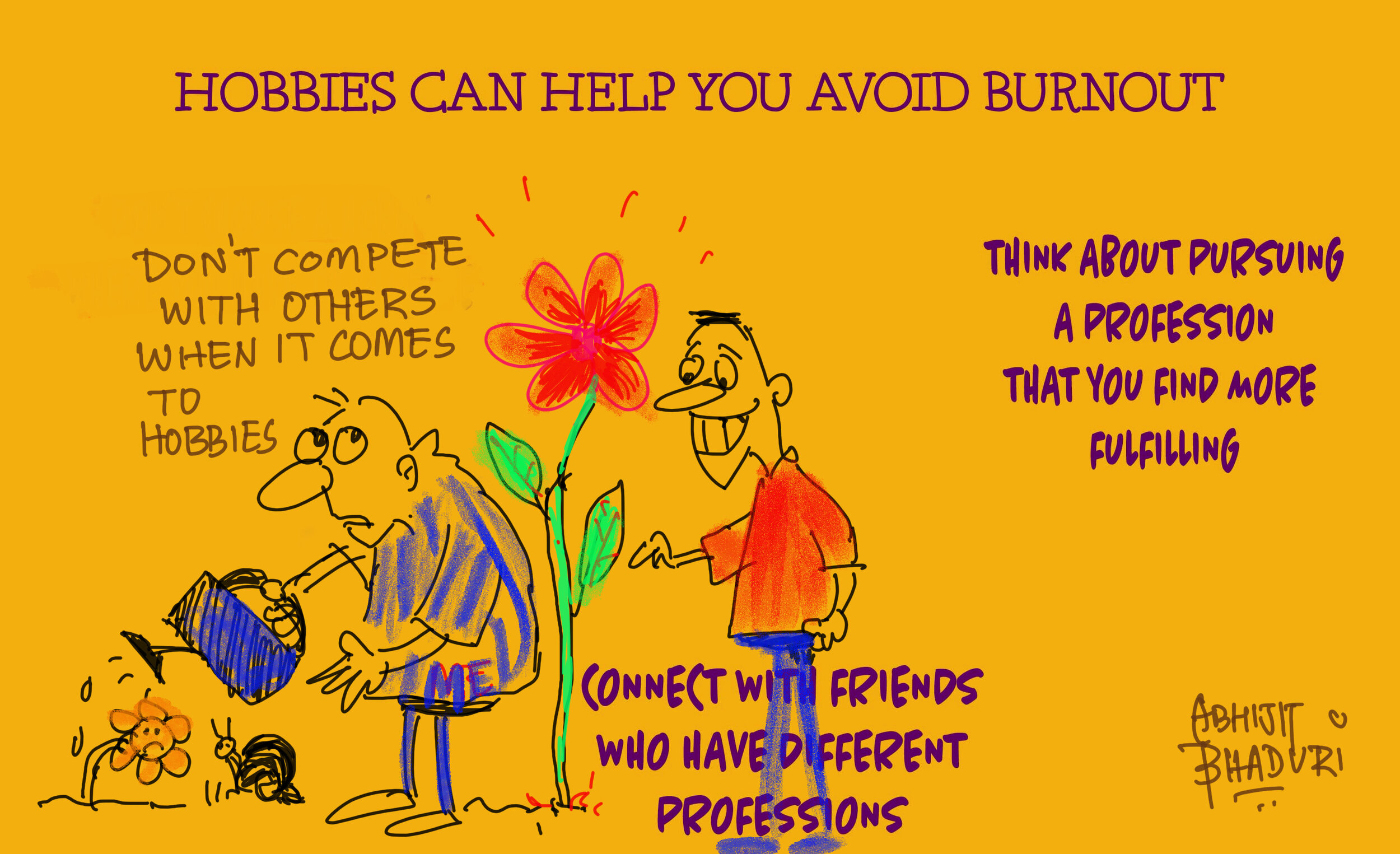Be Wary of Burnout When You WFH
The workplace provides so much structure in our lives. We don’t need to think about what time we need to start our work. There is a defined time when we stop working. The weekends are marked out as are our vacation days. We can take sick days. When we work from home, we keep things fluid. The result is often a toll on mental health.With everyone working from home, the distinction between work and “not work” has got blurred. Even long weekends do not feel any different. We are working longer hours, attending more videoconferences and webinars. The team lunches and informal dinners with colleagues are beginning to feel intrusive. The result is a continuous feeling of being at work leading to burnout and exhaustion.Time signals are important indicators that help us disengage from work and de-stress.
Read: Why routines matter in uncertain times
Missing time signals
According to MIT, time signals get fuzzy when we are not co-located. In the pre-COVID era, whenever the boss had a question about the team’s productivity, they could step out and see that we are pecking away at the keyboard or on a phone call. In the absence of that, we will have to figure out new methods that signal our commitment to our work. That also explains why many people focus on being seen in office until the bus leaves. It is a way of conveying dedication to the task. Sending emails after office hours signals to the team that they need to do the same.Many businesses are also replicating socialisation practices like “virtual coffee” or “team dinners” after office hours. This is built on the assumption that the employee has no other work to attend to.
The “always-on” culture is a major cause of burnout.Burnout is often a result of wanting to be perfect and hence taking many more hours to complete projects. People who are pessimistic are also more prone to be pulled out at work. People hate their jobs and when they spend time agonising over every little detail, they actually take much longer to complete the assignments. Their managers conclude that the problem could be a skill gap.If you feel exhausted, start to hate your job, and begin to feel less capable at work, you may be showing signs of burnout.
Three signs of burnout
1. Emotional exhaustion: Burnout causes people to feel drained, unable to cope, and tired. They often lack the energy to get their work done.
2. Rage over minor issues: Feeling uncontrollable amount of rage over minor issues and behaviour of colleagues at work is a sign of burnout.
3. Everything is measured and monitored: Competitiveness and productivity need not define life outside of work. If losing a friendly tennis match with a neighbour, do you keep feeling bad?
How to avoid burnout
1. Find a new hobby that you can pursue without competing and improvement metrics. You if you are learning to play a musical instrument, do not obsess about being good enough to offer a solo concert.
2. Meet people whose professions are completely different from yours. Look for people who are happy with their career and discover what makes them so. Getting connected to friends from school is likely to give you many more of these connections than hanging out with colleagues from the workplace.
3. Make a list of the people you are envious of. What kind of professions are they in and what about that makes you envious? This could be a great trigger to transition into a career that is more fulfilling.Your career is a journey through life. Do not make it all about your work. While it is important, there is much more that life has to offer.
Written for




